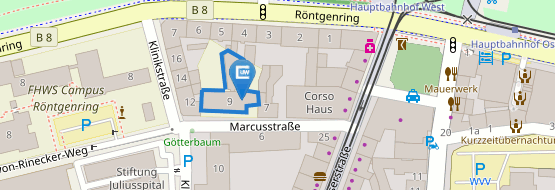Project details
Research strategy
This RTG operationalizes and investigates approach and avoidance behaviour by focusing on conflict situations characterized by risk assessment and decision making. We focus on three main determinants of these conflict situations that elicit approach and avoidance behaviour and consequently, the RTG is organised in three project areas (see Figure). Project area A focuses on dynamic circuit switches for approach and avoidance behaviour from mouse models to human probands with the ultimate goal to use neurofeedback approaches in the treatment of maladapted avoidance behaviour of migraine patients. Project area B investigates control mechanisms of approach-avoidance conflicts in situations that evoke impulsive and reflective processes, including their developmental plasticity and molecular basis. Project area C focuses on social contexts and elucidates how approach and avoidance behaviour emerges in social situations and how it might be modulated by social support. Each area encompasses animal, human, and clinical research projects to allow for project-driven transfer of know-how and data. This interdisciplinarity ensures adequate consideration of different investigative dimensions, i.e. molecular, circuit and behavioural levels of analyses, addressing basic physiology and pathomechanisms of approach and avoidance behaviours.
Individual projects
Individual projects focus on mice ![]() or humans
or humans ![]() and address physiological or pathological
and address physiological or pathological ![]() conditions.
conditions.



